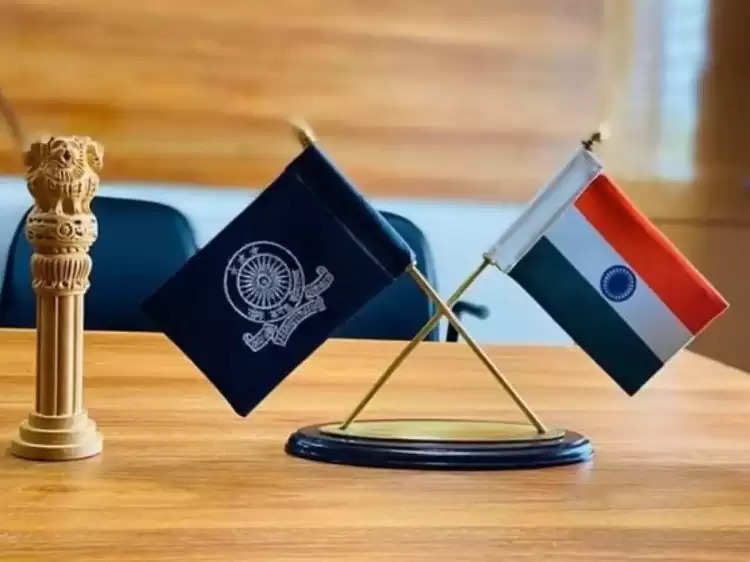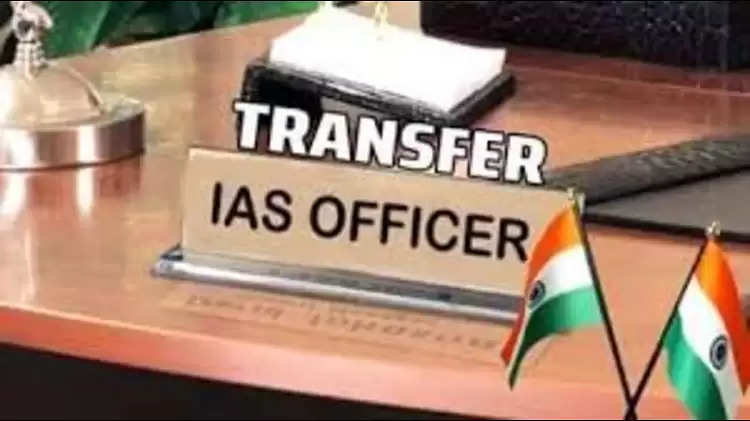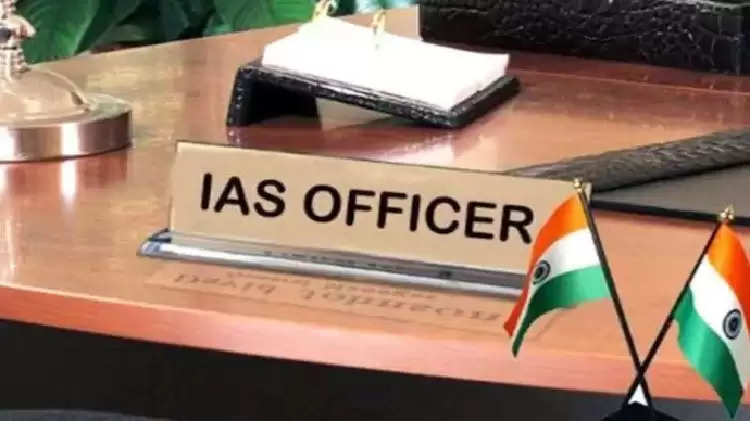IAS Posting and Transfer: How is the posting and transfer of an IAS officer, what rules are applicable? Learn..

IAS Officer Transfer Policy: Candidates who clear UPSC, one of the toughest exams in the country, get positions like IAS and IPS. Although UPSC CSE pass candidates are appointed at many levels, there is a lot of interest among the candidates for the post of Indian Administrative Services i.e. IAS. In such a situation, many times the question arises in the mind of the candidates that how their posting and transfer are done. Why is the transfer given and what are the things taken care of? know.

Transfer happens in some time
The jurisdiction of IAS and IPS officers is very large. Where they are posted, that area comes completely under their control. To prevent misuse of power in a particular area, these officers are transferred at regular intervals. Apart from this, there are many reasons which lead to transfer or based on which the officials can request their transfer.
Can be transferred in case of marriage
If two officers are married, then the government can transfer one officer to another cadre. The transfer or posting is done by the Central Government in consultation with the State Government. The husband can be transferred to the wife's cadre or the wife can be transferred to the husband's cadre and officers can also request the government in this regard. If this is not possible, then there is a way that both husband and wife are sent together to a third cadre.
The transfer is also available in this condition
'Extreme Hardship' can become the reason for inter-cadre transfer. For example, if the life of the officer or his family is at risk of serious health problems due to the climate or environment of the allotted state, the transfer can be done. However, in such cases, the agency or a panel of experts first examines this condition. If there is any kind of risk to the life of the officer or his family or if there is any health problem then also transfer can be done. In such a situation, an appointment is made at a new place for three years.

The transfer is not available in the hometown
An IAS officer does not get posted in his home town. This is so that they do not start favouring those who know them, nor misuse their position for the benefit of themselves and their families. The main purpose of transfers is that according to the need of the area, the posting of the best officer should be done so that they can run that area with full honesty.
 (1).png)